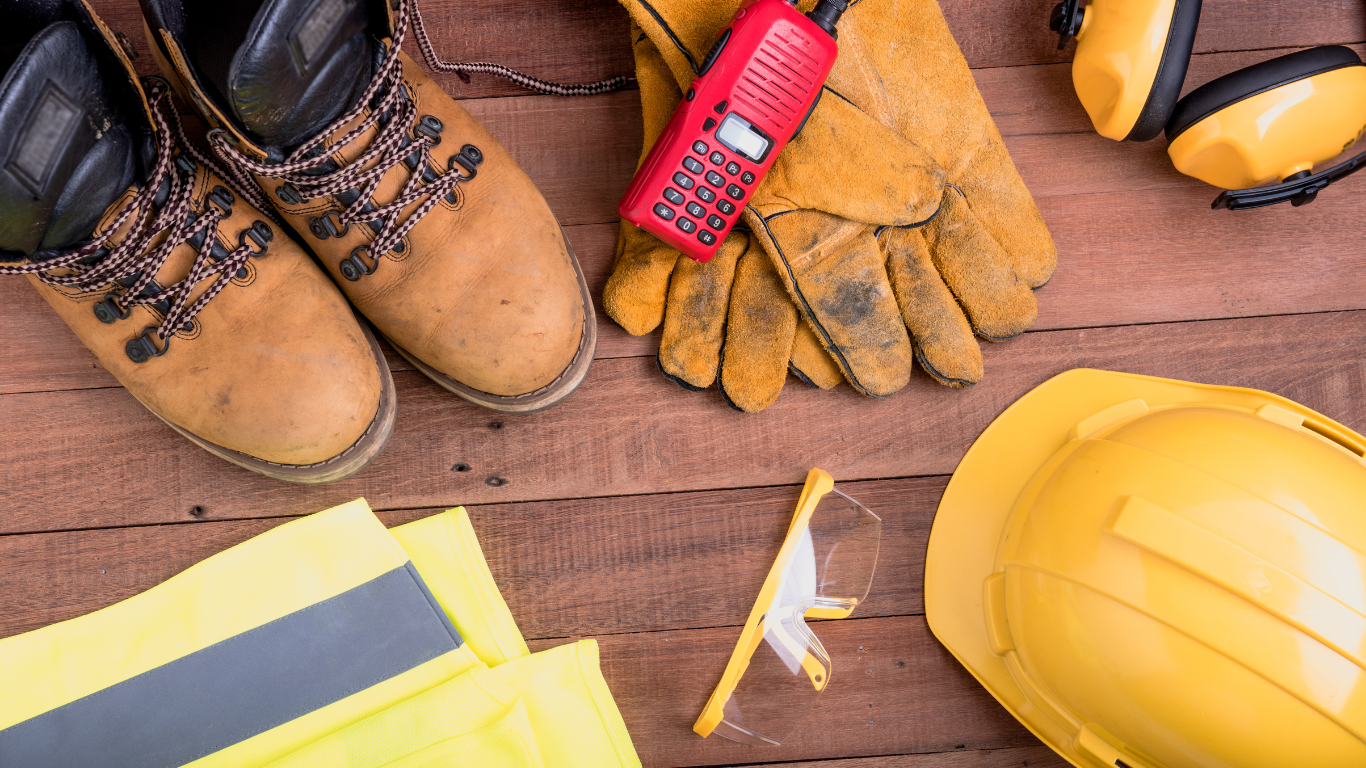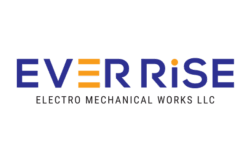
The UAE has seen rapid growth in construction, particularly in cities like Dubai and Abu Dhabi. This boom has led to a high demand for Mechanical, Electrical, and Plumbing (MEP) contractors, who are vital to the success of any large-scale project. However, MEP contractors in the UAE face several unique challenges that can affect project timelines, quality, and cost. Below, we explore the top challenges faced by MEP contractors in the UAE and offer some insights on how to address them.
1. Tight Project Timelines
The UAE’s construction industry is highly competitive, with ambitious timelines for project completion. MEP contractors often face immense pressure to deliver services within strict deadlines. This challenge is heightened by the complexity of coordinating with other contractors, suppliers, and project managers.
Solution: To mitigate delays, contractors can adopt project management tools that streamline communication and scheduling. Ensuring early involvement in the project planning phase can also give MEP teams enough lead time for preparation.
2. Skilled Labor Shortage
Although the UAE attracts a large pool of expatriate labor, finding skilled MEP workers remains a challenge. The rapid growth of the construction sector has resulted in a high demand for specialized skills, such as HVAC (Heating, Ventilation, and Air Conditioning) expertise, electrical wiring, and advanced plumbing systems.
Solution: Contractors should invest in ongoing training and development for their workers. Collaborating with manpower supply agencies that provide trained professionals can also help address this issue. Additionally, offering competitive compensation packages can attract and retain skilled talent.
3. Regulatory and Compliance Issues
The UAE has stringent building codes and regulations that MEP contractors must adhere to, including environmental standards, safety regulations, and green building certifications. Navigating these requirements can be challenging, particularly when working on large, complex projects.
Solution: MEP contractors need to stay updated on the latest regulations and work closely with compliance officers or consultants. Regular audits and site inspections can help ensure that the project remains in line with local laws and codes.
4. Cost Management
Rising material costs, fluctuating exchange rates, and unanticipated project changes often lead to budget overruns for MEP contractors. Ensuring profitability while delivering high-quality work is a constant challenge in the UAE, where construction costs can quickly escalate.
Solution: Contractors should implement robust cost management strategies, including detailed budgeting, regular cost tracking, and contingency planning. Developing strong relationships with suppliers and negotiating long-term contracts can also help stabilize material costs.
5. Coordination with Other Contractors
MEP contractors must work closely with civil, architectural, and structural teams, which can lead to coordination issues, especially when there are delays or miscommunications. Aligning the schedules of multiple contractors is a complex task that often results in conflicts.
Solution: Clear communication channels and a collaborative approach are essential to overcoming these coordination challenges. Regular site meetings and the use of Building Information Modeling (BIM) software can help identify potential clashes between disciplines early on and ensure smooth coordination.
6. Technology Integration
Incorporating advanced technology into MEP services is both a challenge and a necessity. From smart HVAC systems to IoT-enabled energy management solutions, MEP contractors in the UAE are expected to keep pace with the latest innovations. However, integrating these technologies requires specialized knowledge and can increase project costs.
Solution: Contractors should prioritize upskilling their teams to handle advanced technologies. Partnering with tech firms or suppliers who specialize in smart systems can also ease the burden of integration while providing cutting-edge solutions to clients.
7. Sustainability and Energy Efficiency
The UAE has committed to ambitious sustainability goals, including energy efficiency and carbon footprint reduction. MEP contractors are increasingly required to design and install systems that meet these environmental standards, which often necessitates specialized knowledge and the use of sustainable materials.
Solution: MEP contractors must stay informed about the latest green technologies and sustainability standards. Incorporating energy-efficient HVAC systems, solar-powered electrical solutions, and water-saving plumbing systems can position contractors as leaders in sustainable construction.
8. Health and Safety Regulations
Health and safety are paramount on construction sites in the UAE, where the extreme climate and fast-paced work environment pose risks. MEP contractors must adhere to strict health and safety standards to protect workers and avoid penalties.
Solution: Implementing comprehensive health and safety training programs, conducting regular site inspections, and providing the necessary personal protective equipment (PPE) can help ensure compliance and worker safety.
MEP contractors in the UAE play a critical role in the success of construction projects, but they also face several significant challenges. By staying proactive, embracing new technologies, and maintaining strong coordination with other stakeholders, contractors can navigate these obstacles and continue to deliver high-quality, timely, and cost-effective services. Adopting these best practices not only helps contractors thrive but also contributes to the continued growth and innovation in the UAE’s construction industry.
